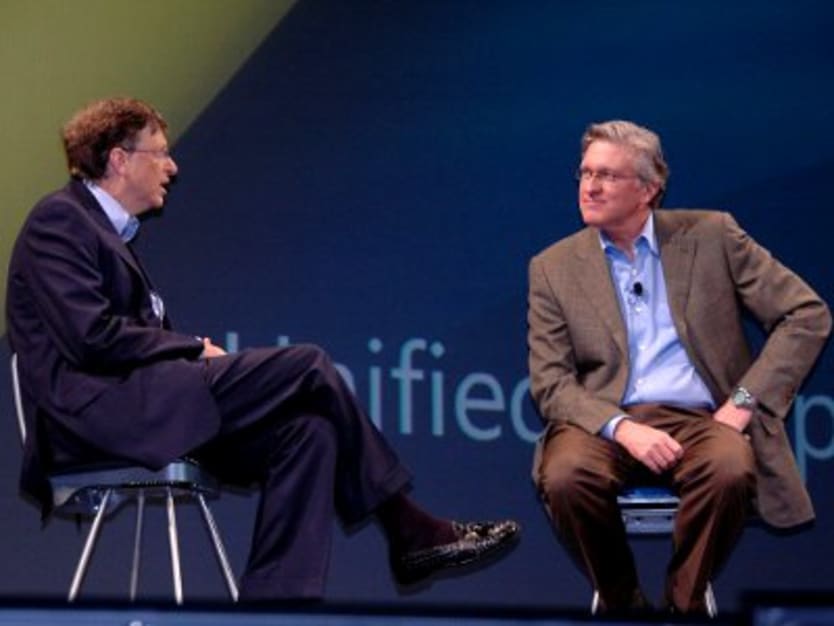
As the number of U.S. billionaires supporting Bill Gates and Warren Buffett’s Giving Pledge initiative grows, Jeff Raikes says he would be happy to advise new members on how they can spend their money.
“If [any of the Giving Pledge members] want to chat with me about what they can do to set up their own foundation or how to focus their foundation on areas that really can make a difference in the world I am more than happy to sit down and chat with folks,” Raikes, the chief executive officer of the Bill & Melinda Gates Foundation, said as quoted by Reuters.
Several U.S. billionaires pledged last week to donate at least half of their fortunes to charity in support of Gates and Buffett’s Giving Pledge initiative, which aims to secure pledges from up to 400 billionaires. As Devex reported, billionaires who have supported the initiative include CNN founder Ted Turner, Oracle co-founder Larry Ellison, Hollywood director George Lucas, New York Mayor Michael Bloomberg and Microsoft co-founder Paul Allen.
The initiative is a welcome move, William Langley of the Telegraph says. But he adds that there are several questions hanging around the billionaires’ pledge, which Forbes magazine estimates to reach up to USD600 billion.
“How will it be spent? Will it do any good? And might something other than pure-hearted philanthropy explain the apparent ease with which it was amassed?” Langley notes.
He explains that Gates and most of the billionaire members of his initiative are supporters of a new concept of philanthropy: philanthrocapitalism.
“The new celebrity givers want to do things their own way, and many of them have acquired their fortunes young enough to retain a vigorous interest in how the money is spent,” Langley says. “They talk in modish business-speak about “community entrepreneurship”, “social returns” and “for-profit philanthropy”, and specialise in turning up at exclusive global gatherings like the Davos Economic Forum to tell politicians and bankers what they are doing wrong.”
But getting the concept right is not easy, he notes. He cites the example of the Gates Foundation to illustrate his point.
“The impact of its size and rigorously business-inspired approach is still being assessed, but while there is no doubt that Gates’s work is saving lives, there are serious doubts about its long-term effectiveness,” Langely explains.








